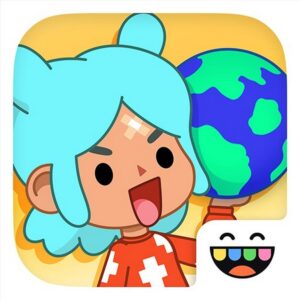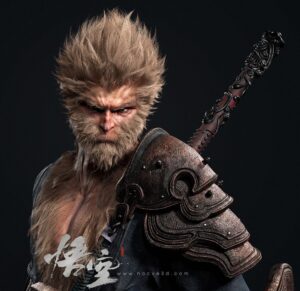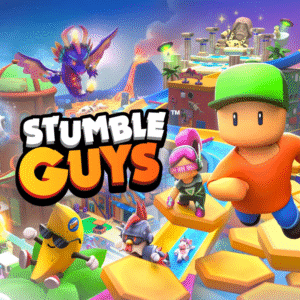Nintendo Escalates War on Piracy: $4.5 Million Sought in Lawsuit Against Alleged Switch Pirate Operator
Popular Now
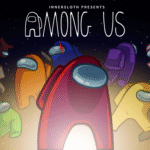 Among Us
Among Us
 EA SPORT FC 25
EA SPORT FC 25
 Free Fire
Free Fire
 Rust
Rust
 Call of Duty
Call of Duty
 God of War Ragnarök
God of War Ragnarök
 Garena Free Fire: Kalahari
Garena Free Fire: Kalahari
 BeamNG.drive
BeamNG.drive
 The Legend of Zelda
The Legend of Zelda
 R.E.P.O
R.E.P.O
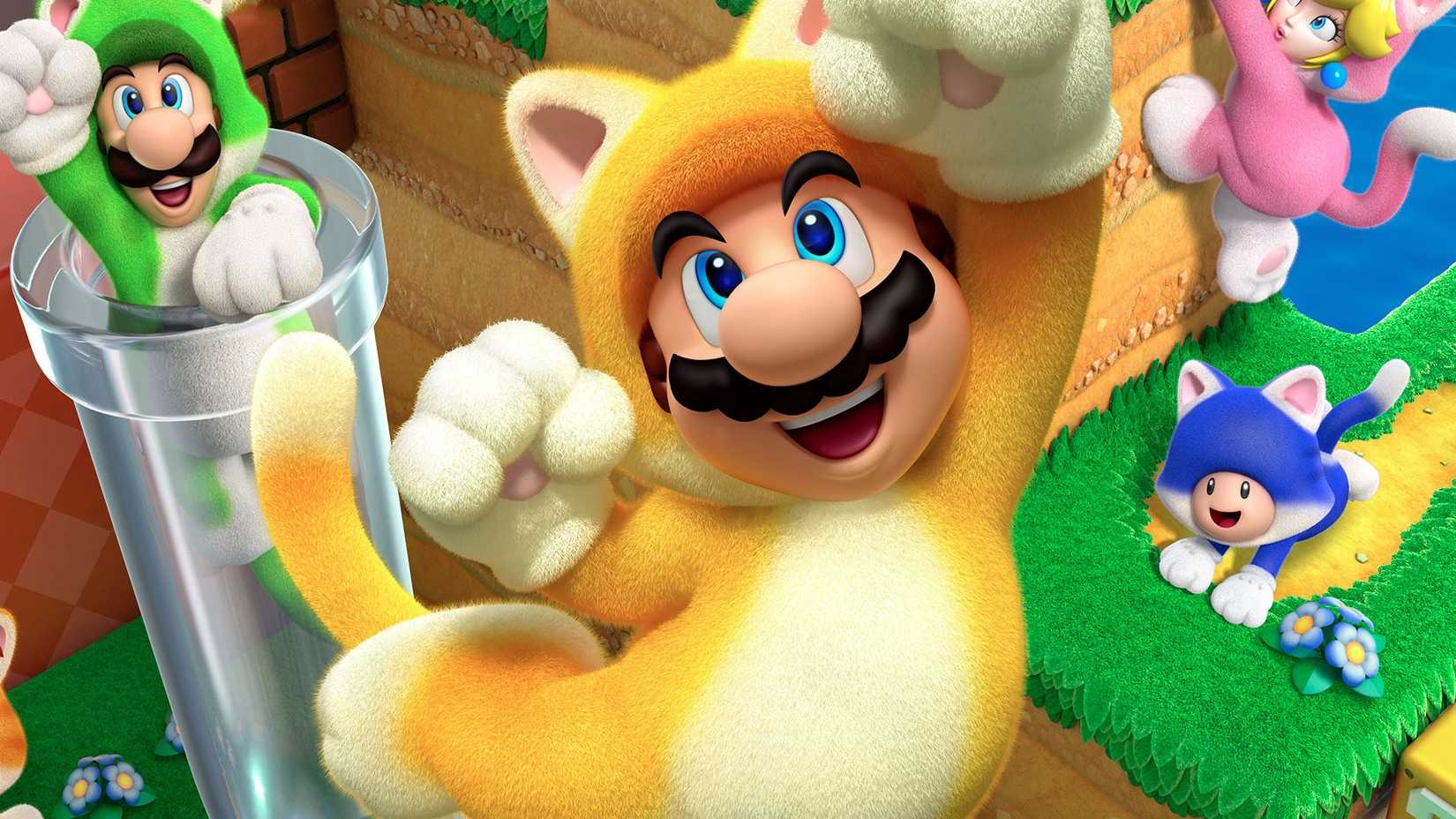 In a significant escalation of its notoriously aggressive defense of its intellectual property, Nintendo of America (NOA) is demanding a default judgment of $4.5 million in a lawsuit against a prominent member of the online piracy community. The defendant, a Reddit moderator known online as “Archbox” and identified as James C. Williams, is accused not just of simple piracy but of operating a sophisticated network of “Pirate Shops” that facilitated the widespread, for-profit distribution of unauthorized Nintendo Switch games and console hacks.
In a significant escalation of its notoriously aggressive defense of its intellectual property, Nintendo of America (NOA) is demanding a default judgment of $4.5 million in a lawsuit against a prominent member of the online piracy community. The defendant, a Reddit moderator known online as “Archbox” and identified as James C. Williams, is accused not just of simple piracy but of operating a sophisticated network of “Pirate Shops” that facilitated the widespread, for-profit distribution of unauthorized Nintendo Switch games and console hacks.
The copyright infringement lawsuit filing not only sets the high monetary figure but also includes a powerful statement from NOA’s legal team, asserting that the $4.5 million requested is “nowhere near” the actual harm caused. This rhetoric underscores Nintendo’s intent to set a punitive legal example against individuals who monetize their stolen property and to protect the vast revenue stream from its high-value, exclusive titles.
The Allegations: Running a For-Profit Piracy Enterprise
The core of Nintendo’s case against Williams revolves around his alleged activities beyond simple modding. The lawsuit details that Williams was a key figure in the Switch piracy ecosystem, managing and promoting several online storefronts where users could acquire jailbroken Switch consoles and download vast libraries of pirated games.
Key Accusations in the NOA Filing:
- Operating Pirate Shops: Williams is accused of being the owner, manager, or overseer of multiple online sites where illegal copies of Nintendo Switch ROMs were distributed. This goes far beyond hosting a simple forum.
- For-Profit Distribution: The activity was allegedly monetized, with Williams reportedly receiving donations, including Nintendo eShop Gift Cards, which he then used to purchase games legitimately—only to subsequently upload and illegally distribute them to his pirate network.
- Ignoring Warnings: Crucially, the lawsuit alleges that Nintendo sent a formal cease-and-desist letter to Williams, which was ignored, leading to the legal action.
- Scale of Harm: Nintendo claims Williams was involved in the “infringing and unlawful reproduction and distribution of hundreds or thousands of copyrighted Nintendo Switch Games,” causing “substantial damage” to the business and to its third-party game developers and publishers.
The default judgment request is a critical element, stemming from Williams’s failure to appear in court or comply with legal proceedings after being served. This default posture significantly strengthens Nintendo’s ability to secure the requested damages amount.
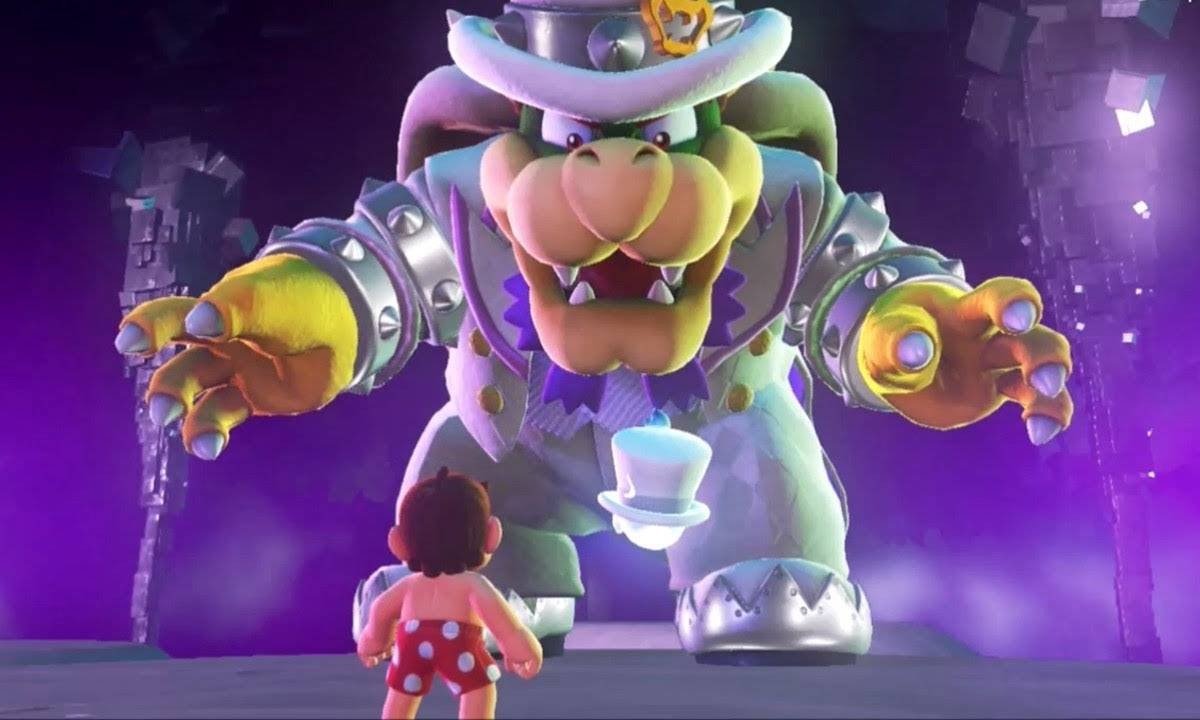 A Warning Shot: The High Stakes of Copyright Law
A Warning Shot: The High Stakes of Copyright Law
This lawsuit is a direct continuation of Nintendo’s zero-tolerance policy against video game piracy, following other high-profile legal victories, including the shutdown of the popular Switch emulator Yuzu. By explicitly stating that $4.5 million is insufficient to cover the harm, Nintendo is employing a powerful legal tactic to communicate a severe financial risk to any individual contemplating profiting from their copyrighted material.
The company is effectively setting a new industry precedent for the cost of major intellectual property (IP) theft in the console gaming space. Legal analysts note that the multi-million dollar figure is designed to serve as an unparalleled deterrent, focusing on the high-value keywords of copyright protection and digital rights management (DRM).
The case serves as a stark reminder for online communities that involvement in the commercial side of piracy, particularly after receiving a legal warning, carries an immense financial and legal burden. As Switch and the subsequent Switch 2 generation continue to be a primary focus for high-revenue gaming, Nintendo’s legal team is signaling that no expense will be spared to safeguard its highly profitable catalog of games.





